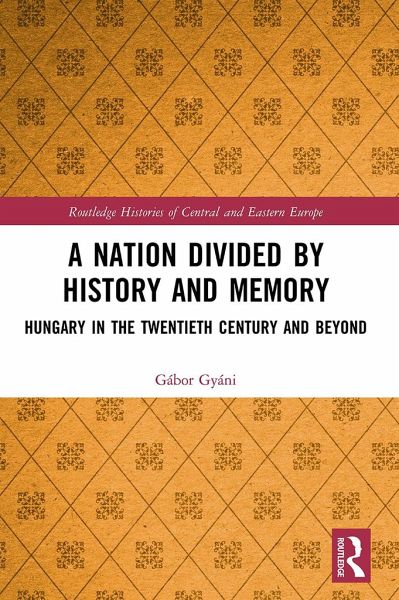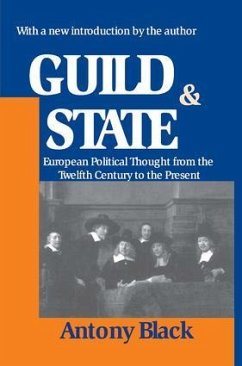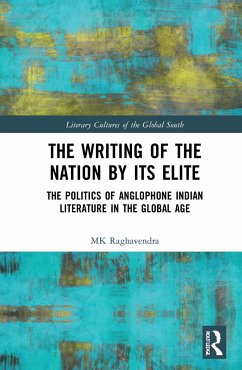
A Nation Divided by History and Memory
Hungary in the Twentieth Century and Beyond
Versandkostenfrei!
Versandfertig in 6-10 Tagen
41,99 €
inkl. MwSt.
Weitere Ausgaben:

PAYBACK Punkte
21 °P sammeln!
During the last few decades there has been a growing recognition of the great role that remembering and collective memory play in forming the historical awareness. In addition, the dominant national form of history writing also met some challenges on the side of a transnational approach to the past. In A Nation Divided by History and Memory, a prominent Hungarian historian sheds light on how Hungary's historical image has become split as a consequence of the differences between the historian's conceptualisation of national history and its diverse representations in personal and collective memo...
During the last few decades there has been a growing recognition of the great role that remembering and collective memory play in forming the historical awareness. In addition, the dominant national form of history writing also met some challenges on the side of a transnational approach to the past. In A Nation Divided by History and Memory, a prominent Hungarian historian sheds light on how Hungary's historical image has become split as a consequence of the differences between the historian's conceptualisation of national history and its diverse representations in personal and collective memory. The book focuses on the shocking experiences and the intense memorial reactions generated by a few key historical events and the way in which they have been interpreted by the historical scholarship. The argument of A Nation Divided by History and Memory is placed into the context of an international historical discourse. This pioneering work is essential and enlightening reading forall historians, many sociologists, political scientists, social psychologists and university students.














